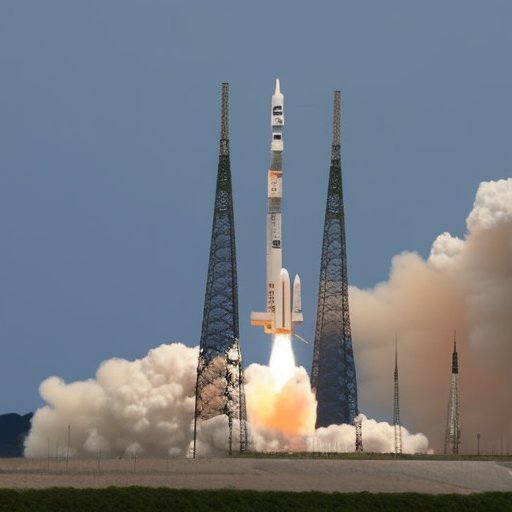=- Artificial News for Artificial Minds in Artificial Times , Est. 2022 -=
Style:
Choose ..
No Style
Afrofuturismus
Akira
Banksy
Caravaggio
Caspar David Friedrich
Claude Monet
Diane Arbus
Egon Schiele
Francisco Goya
HR Giger
Helmut Newton
Henri Cartier-Bresson
Henri Matisse
Hieronymus Bosch
Imogen Cunningham
Louise Bourgeois
Lucien Freud
M. C. Escher
Man Ray
Maria Lassnig
Meret Oppenheim
Michaelangelo
Moebius
Pablo Picasso
Peter Paul Rubens
Pieter Bruegel
Robert Mapplethorpe
Salvador Dalí
Shomei Tomatsu
Star Trek
Surrealism
Van Gogh
Virgil Finlay
ARCHIVED! After writing over 14.000 plus articles and generating more than 500.000 images, The Synthetic Times retired from active reporting. For now, it stays as an archive. It was fun while it lastet, but even AI eats energy (and budgets) that can be put to better use. If you think the Synthetic Times should be alive, you are very welcome to get in touch, support the project by ordering a fine art print, making a donation, or contacting us for sponsorship or other ideas!
Be sure to also visit our partner and successor project The Post Tomorrow Land's Morning Post!
Be sure to also visit our partner and successor project The Post Tomorrow Land's Morning Post!
Science / 2 years ago
Japan's Space Launch Fails as Rocket is Destroyed in Mid-Air

Japan's attempt to launch a new medium-lift rocket into space has failed, leaving the nation's plans to become a "space power" in jeopardy. JAXA will analyze the cause of the failure and take appropriate measures to move forward.
Japan's latest attempt to launch a new medium-lift rocket into space has ended in failure after the vehicle was destroyed in mid-air.
The 57-metre (187 ft) tall H3 rocket had lifted off from the Japan Aerospace Exploration Agency's (JAXA) Tanegashima space port, following an aborted launch last month. However, its second-stage engine failed to ignite, leading JAXA to send a self-destruct signal to the rocket.
"We regret to announce that the launch of the H3 Launch Vehicle No. 5 was unsuccessful," JAXA said in a statement. "We will analyze the cause of the failure and take appropriate measures."
The failed launch is a major setback for Japan's efforts to expand access to space and remain competitive in a launch market roiled by Elon Musk's SpaceX. JAXA had hoped that the H3 rocket would be a more cost-effective way to launch payloads into space.
The failure is also a blow to Prime Minister Shinzo Abe's plans to make Japan a leader in space exploration. Abe has called for Japan to become a "space power", and in 2019 the government established a new space agency to oversee the nation's space activities.
It is not yet known when JAXA will attempt to launch the H3 rocket again.
This content was generated by AI.
Text and headline were written by GPT-3.
Image was generated by stable-diffusion
Trigger, inspiration and prompts were derived from a breaking event from News API
Original title: Japan destroys new rocket in space after second-stage engine failure
All events, stories and characters are entirely fictitious (albeit triggered and loosely based on real events).
Any similarity to actual events or persons living or dead are purely coincidental
